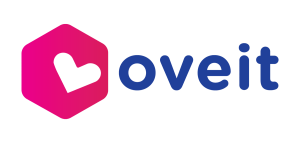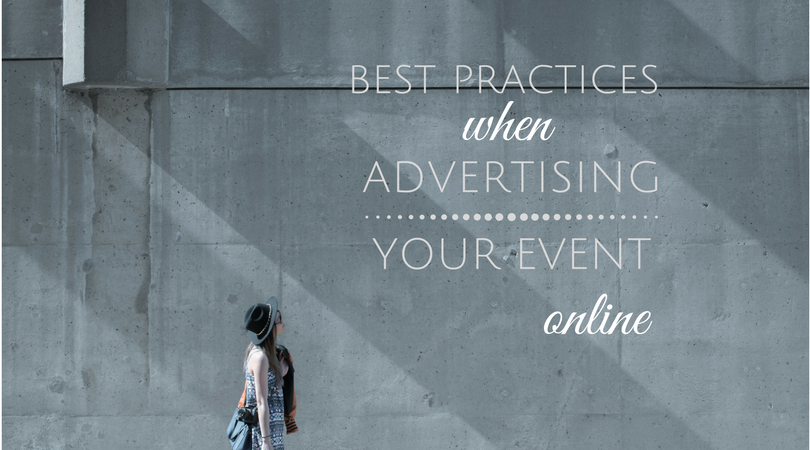“Online advertising doesn’t have to be a “wild west.” – Benjamin Edelman
The two cornerstones of an online advertising mix are search ads and display ads. Even if you are promoting your business, a product or an event, these two should always be used together.
Search ads help you find new customers with the aid of search engines. When somebody is searching for an answer or product those displayed at the top of the search engine’s page represent the search ads.
The most popular among search ads is Google Search Network which handles more than 40,000 search queries every second, a total of more than 1.2 trillion web searches every single year.
The most popular among search ads is Google Search Network
When it comes to display ads, these are the ads which appear alongside the original content on a website, social media channels, youtube, etc.
The leader is Facebook with more than 1.55 BILLION monthly display ads; however the true strength of Facebook’s immense audience stands in the potential granularity with which advertisers can target Facebook’s users.
But which one is best or more appropriate to advertise an event?
Many are arguing one practice against each other, but the truth is that both are good advertising tools and they outshine at their best when used together, since the two have different attributes; Search ads helps you find new customers and Display ads helps new customers find you.
We are going to talk about the most used paid advertising channels which are Google and Facebook and how you can maximize their use in order to promote your event.
Managing these advertising campaigns is not that easy as it might seem, especially when having to use bidding techniques.
Google Advertising
The advertisement on Google is made through Google AdWords which is divided in two major categories: Google Search Network and Google Display Network.
Google Search Network, as explained above, are the ads which help you find new customers and if used in the right way, your ads will be displayed within the top searches.
One of the major misconceptions is that whomever has the largest advertising budget wins – False!
On top of the money, what Google stands for is delivering the most appropriate content to it’s users. For this to be possible all ads have to pass through a process which is know as ad auction and only the ads with the highest Ad Rank will be placed in the top searches. Yes, a larger advertising budget can help you, especially when bidding for competitive keywords, but another important factor which can help you spend less money is the Quality Score.
AdRank = Maximum Bid * Quality Score
Maximum Bid is the maximum amount of money you are willing to pay for a click.
Quality Score is calculated considering the overall quality of the advertisement and the factors that are constituting the quality score, are:
- Relevance of each keyword to its ad group
- The click-through rate
- Relevance of your ad-text
- Landing page quality and relevance
- Your historical AdWords account performance
The one characteristic which “weights” the most from the above mentioned is the click-through rate (CTR). It tells Google how many people saw your ad and actually clicked on it. This allows Google to understand that your ad is relevant and helpful and will increase your quality rank through a high CTR.
Google Display Network
Through Google Display Network you will be able to show your ads on specific targeted sites and to the desired audience, based on your prefered keywords and targeting factors, with the main purpose of helping new customers find you.
The GDN spans over two million websites that reach over 90% of people on the Internet and can help you reach people while they’re browsing websites, watching YouTube videos, checking their Gmail, or using mobile sites and apps.
“The Google Display Network will comprise all of the sites where advertisers can buy ads through Google, including the over one million AdSense and DoubleClick Ad Exchange partners as well as YouTube and Google properties such as Google Finance, Gmail, Google Maps, and Blogger.”
The display ads can be shown in different formats: Text Ads, Picture Ads, Video Ads or Rich Media Ads; and they can be personalized in different sizes, shapes and customized to be displayed on different devices.
Facebook Advertising
Facebook Advertising also known as paid social, has mostly the same use as Google Display Network. Its main purpose helping new customers find your business.
The Facebook ads are divided in two categories: Promoted Posts and Boosted Posts
Promoted Posts are the ones which look the same as the ones from your newsfeed posts only that they will be displayed in the targeted audience newsfeed only, showing “sponsored” underneath. The main purpose of these ads is to promote your brand to new and potential leads.
Promoted Posts are used to bring awareness of your brand to new potential leads
Boosted Post are the ones that you post on your newsfeed and by boosting them your campaign will try to reach as many people as possible from your existing followers.
Boosted Posts are used to reach as many followers as possible
Before advertising on Facebook you have to set up a few goals, such as your objective;
Do you want to bring more visitors on your website, receive likes on your Facebook page or perhaps get app downloads; It is important to know what result you are aiming for in order to know how to promote it best, since the promote and boost post deliver different results.
Another handy function is that under each Facebook campaign there can be created different ad sets (through which you can create separate audience based on different targeting characteristics) and under those different ads you can create different images and copy.
As an advertiser with this special feature you get the opportunity to target different categories of audience under the same campaign.
Remarketing is the tool which revolutionized online advertising
Remarketing is done by allowing the advertiser to deposit a cookie of their website on the visitor’s computer. Afterwards Google will continue to display ads to those people whenever they will be visiting sites from the Google Display Network. The same practice is used on other channels as Facebook, YouTube, Mobile Apps, etc.
Through traditional advertising your event will receive awareness and acknowledgment within a limited amount of people. Digital advertising increases substantially the span of advertising through not only a bigger crowd of possible leads but as well allows the event to be discovered for those who are seeking it. The mix of both search and display ads is essential in order to cover a higher surface of possible leads. On top of that, you might want to consider an event registration software. Most of the time, these softwares come with embed features, allowing users to advertise their events on their most relevant channels.


